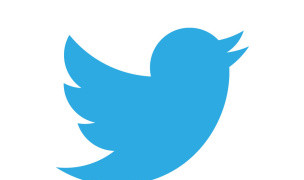 15 Terms
15 TermsHome > Industry/Domain > Biology; Medical > Human genome
Human genome
The human genome consists of 23 chromosome and the small mitochondrial DNA. 22 of the 23 chromosomes are autosomal chromosome pairs and the last one being a gender-determining pair. In total, the human genome contains the sequences of the 3 billion chemical base pairs that make up human DNA and approximately 20,000-25,000 genes. By understanding human genome, scientists are able to develop new medical applications that can significantly advance the state of health care.
Contributors in Human genome
Human genome
benign variant
Medical; Human genome
An alteration in a gene distinct from the normal, wild-type allele that does not appear to have a deleterious effect.
biocytin
Medical; Human genome
A colorless crystalline peptide C16H28N4O4S occurring naturally (as in yeast) and yielding biotin and lysine on hydrolysis.
carnitine
Medical; Human genome
A quaternary ammonium compound C7H15NO3 that is present especially in vertebrate muscle, is involved in the transfer of fatty acids across mitochondrial membranes, and in humans is obtained from food ...
class
Medical; Human genome
1) A grouping of things based on shared common attributes. 2) A group, set, or kind marked by common attributes or a common attribute; especially : a major category in biological taxonomy ranking ...
clear cell renal carcinoma
Medical; Human genome
The most common type of renal cell carcinoma, characterized by a loss of genetic material of the short arm of chromosome 3. The most common symptom at the time of diagnosis is hematuria. The tumor ...
coloboma
Medical; Human genome
1) Congenital anomaly in which some of the structures of the eye are absent due to incomplete fusion of the fetal intraocular fissure during gestation. 2) A fissure of the eye usually of congenital ...


